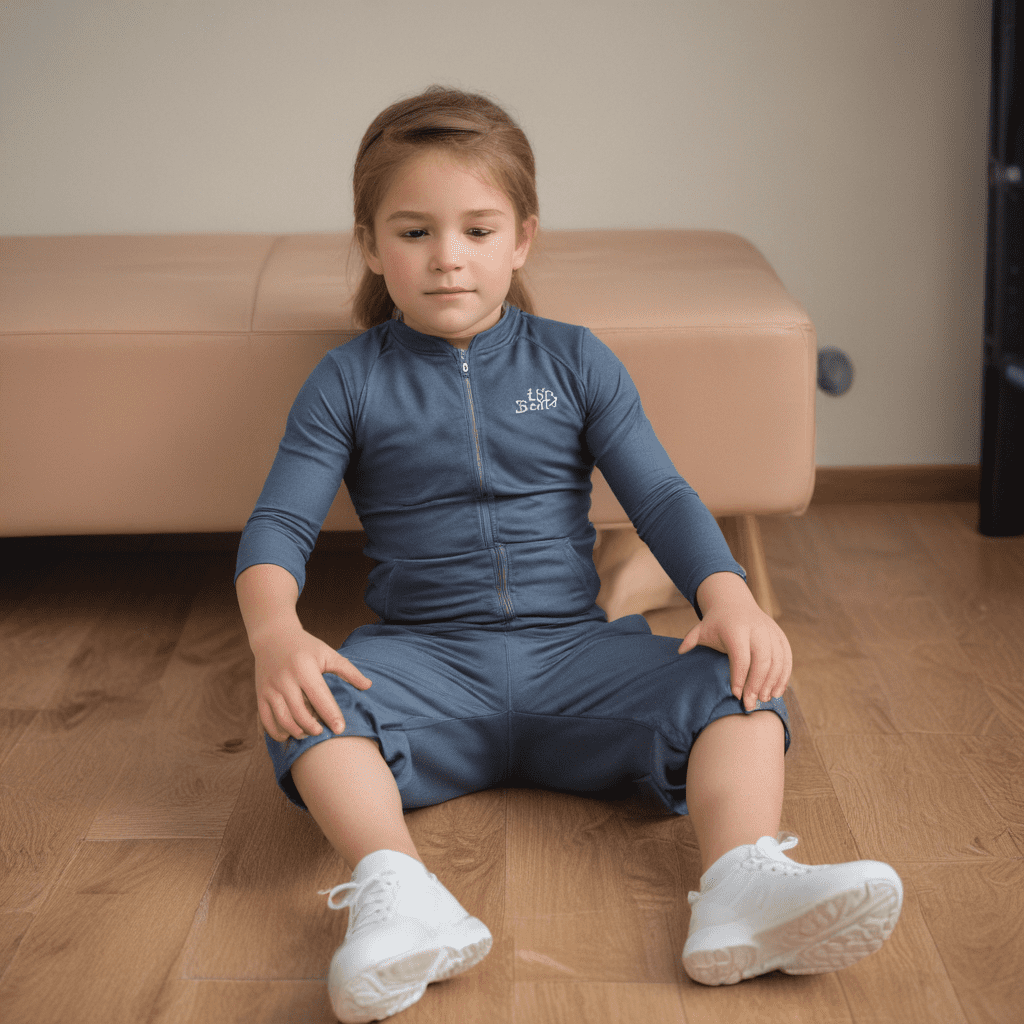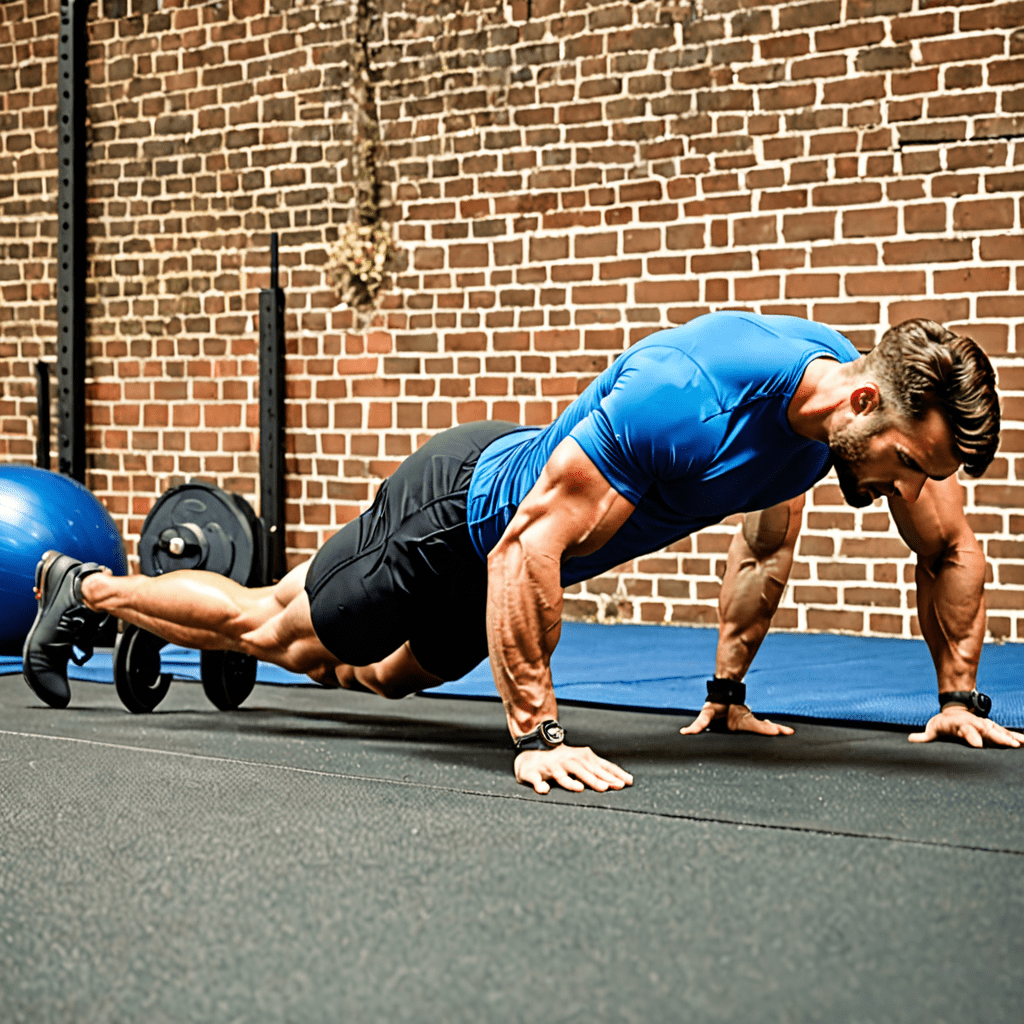
The Role of Sleep in Muscle Recovery for Active Kids
Kids who are active in sports or other physical activities need to get enough sleep to recover and repair their muscles. Sleep plays a vital role in the muscle recovery process, helping to reduce soreness, repair muscle damage, and enhance muscle growth.
Sleep is when the body produces hormones that are essential for muscle recovery. These hormones include growth hormone, which helps to build and repair muscle tissue, and cortisol, which helps to reduce inflammation. Sleep also helps to increase protein synthesis, which is the process by which the body builds new muscle tissue.
The Benefits of Sleep for Muscle Recovery
Getting enough sleep provides several benefits for active kids, including:
Reduced muscle soreness: Sleep helps to reduce muscle soreness by increasing blood flow to the muscles and promoting the removal of waste products that can cause soreness.
Repairs muscle damage: Sleep allows the body to repair muscle damage that occurs during exercise. During sleep, the body releases hormones that help to rebuild and repair muscle fibers.
Enhances muscle growth: Sleep helps to enhance muscle growth by increasing protein synthesis. Protein synthesis is the process by which the body builds new muscle tissue.
Challenges to Sleep for Active Kids
Active kids may face challenges to getting enough sleep due to their busy schedules and the demands of their activities. These challenges include:
Overtraining: Kids who train too hard or too often may not get enough time for their bodies to recover, which can lead to sleep problems.
Competition-related stress: Kids who are competing in sports may experience stress and anxiety before and after competitions, which can make it difficult to fall asleep and stay asleep.
Strategies for Overcoming Sleep Challenges
To overcome these challenges, active kids can try the following strategies:
Time management techniques: Kids can use time management techniques to plan their schedules and make sure they get enough time for sleep. This may involve setting priorities, delegating tasks, and saying no to non-essential activities.
Relaxation exercises: Relaxation exercises, such as deep breathing, yoga, or meditation, can help kids to reduce stress and anxiety before bed.
Consequences of Inadequate Sleep for Muscle Recovery
Inadequate sleep can have serious consequences for muscle recovery. Kids who do not get enough sleep may be more likely to experience:
Increased risk of muscle injuries: Sleep deprivation can weaken muscles and make them more susceptible to injury.
Impaired performance: Sleep deprivation can impair performance in sports and other physical activities.
Conclusion
Sleep is essential for muscle recovery in active kids. By getting enough sleep, kids can reduce muscle soreness, repair muscle damage, and enhance muscle growth. Parents and coaches can help kids to get the sleep they need by encouraging sleep hygiene practices and educating them about the importance of sleep.
Recommendations for Parents and Coaches
Parents and coaches can play an important role in helping active kids to get the sleep they need. They can do this by:
Encouraging sleep hygiene practices: Parents and coaches can encourage kids to practice good sleep hygiene habits, such as going to bed and waking up at the same time each day, creating a relaxing bedtime routine, and avoiding caffeine and alcohol before bed.
Educating kids about the importance of sleep: Parents and coaches can educate kids about the importance of sleep for muscle recovery and overall health. They can explain how sleep helps to reduce muscle soreness, repair muscle damage, and enhance muscle growth.
FAQs
Q: How much sleep do active kids need?
A: Active kids need 8-10 hours of sleep per night.
Q: What are some signs that an active kid is not getting enough sleep?
A: Signs that an active kid is not getting enough sleep include fatigue, irritability, difficulty concentrating, and decreased performance in sports or other physical activities.
Q: What can parents and coaches do to help active kids get enough sleep?
A: Parents and coaches can help active kids get enough sleep by encouraging sleep hygiene practices and educating them about the importance of sleep.

